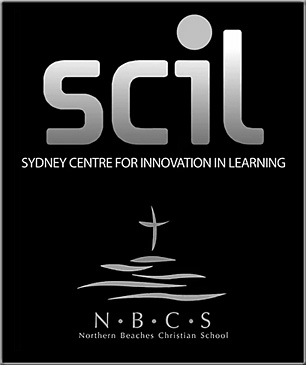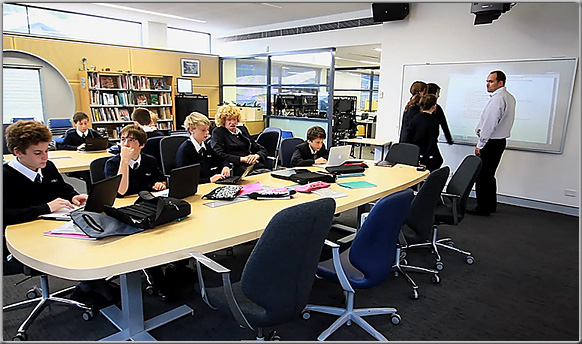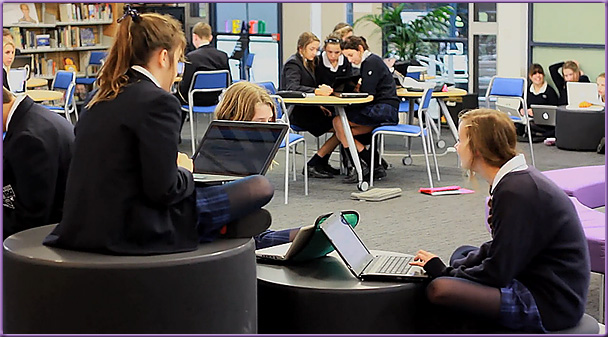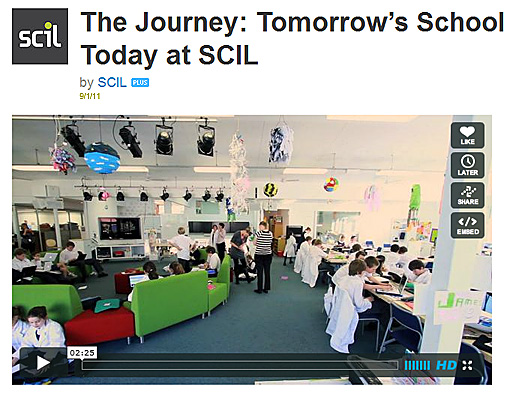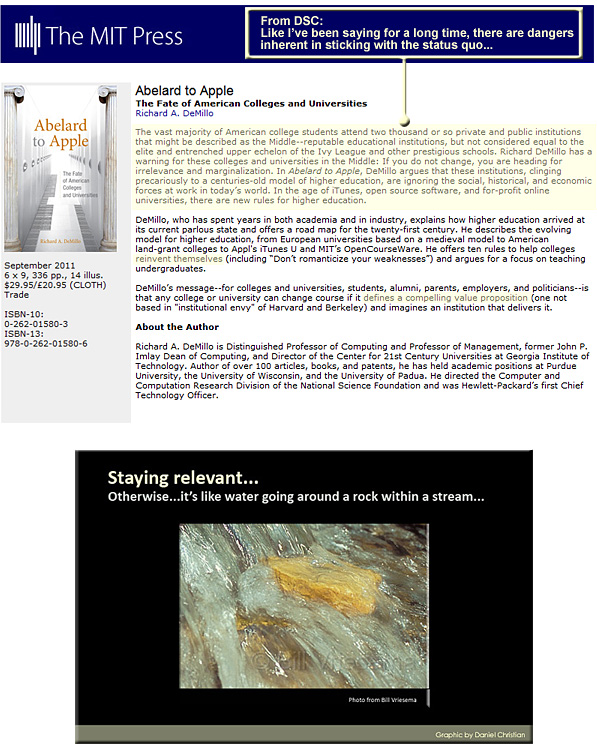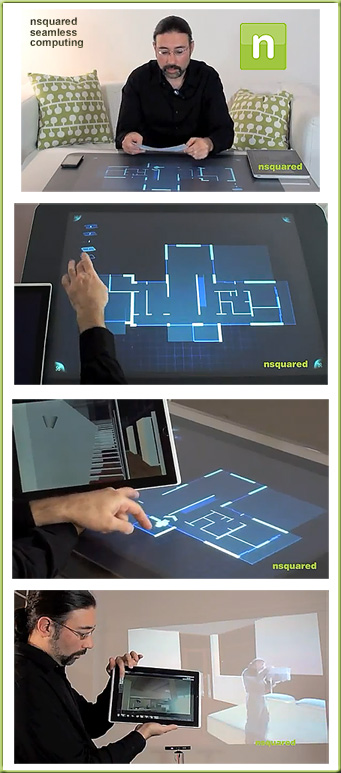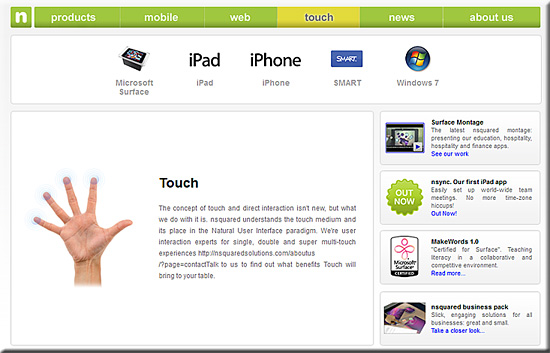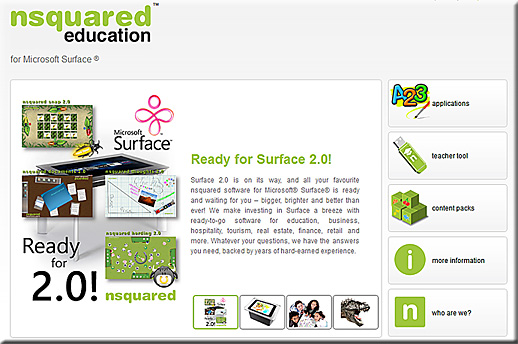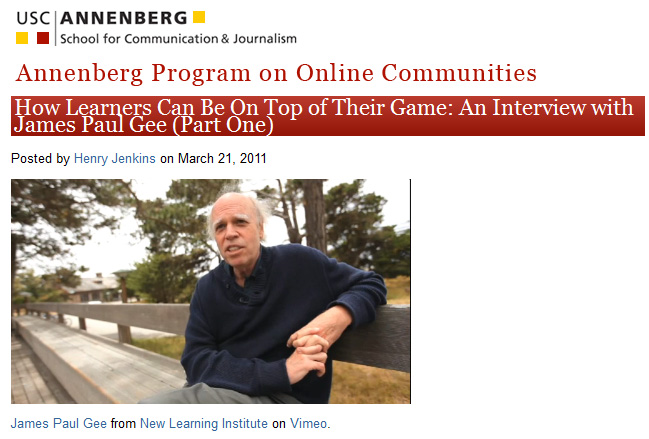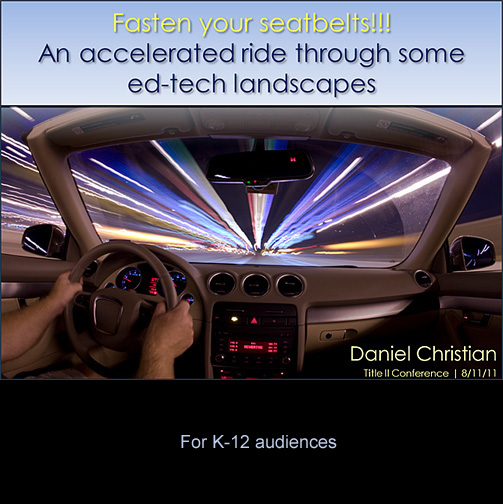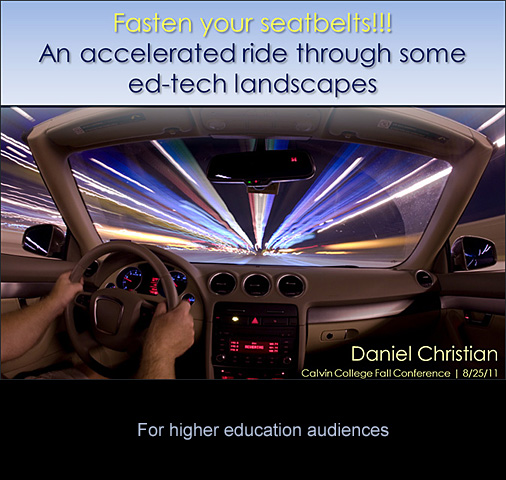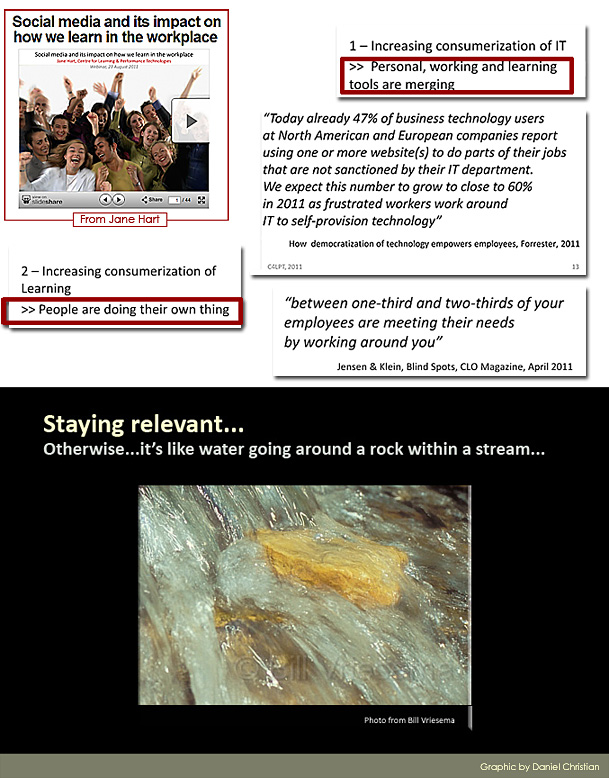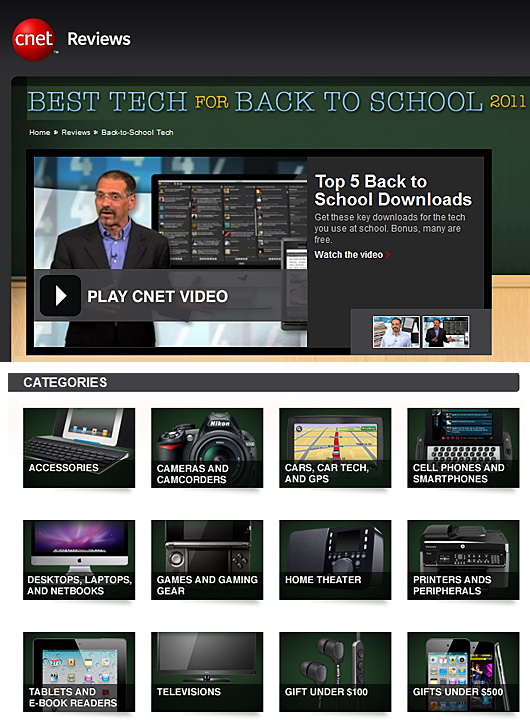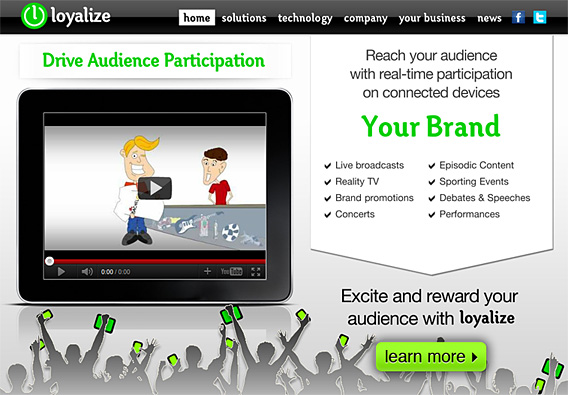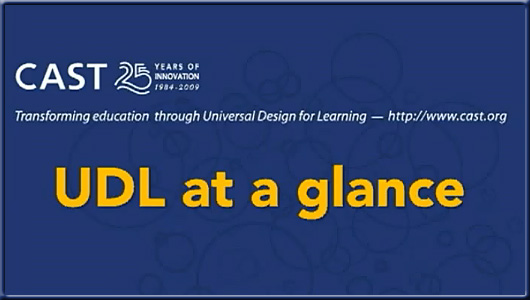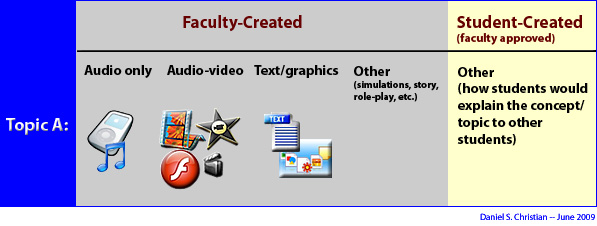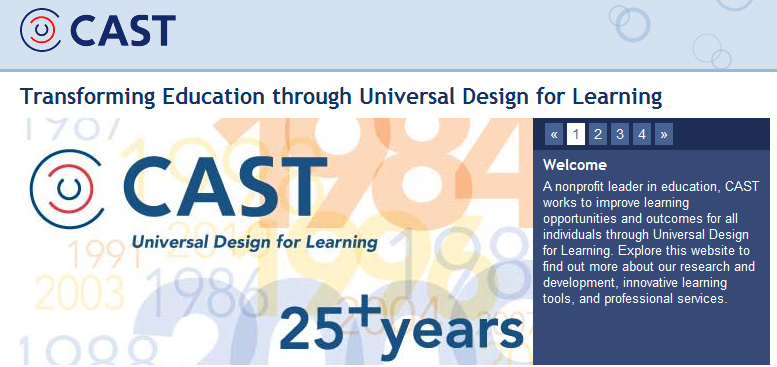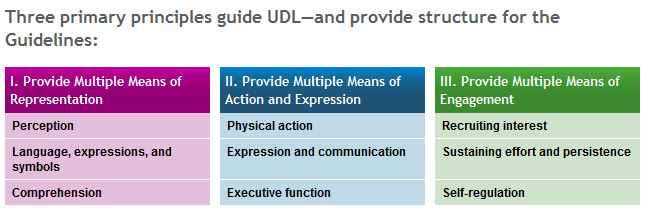IBC News: Opera lifts the curtain on Opera TV Store and TV Emulator — from appmarket.tv by Richard Kastelein
 Apps on my TV? Yes, you heard correctly: web-enabled TV applications are no longer the stuff of sci-fi films. At IBC 2011, Opera Software pulls out of its hat the all new Opera TV Store, a simple solution for developers to build HTML5 apps for connected TVs and devices. OEMs, on the other hand, can take advantage of these ready-made apps and offer them to their customers in an instant.
Apps on my TV? Yes, you heard correctly: web-enabled TV applications are no longer the stuff of sci-fi films. At IBC 2011, Opera Software pulls out of its hat the all new Opera TV Store, a simple solution for developers to build HTML5 apps for connected TVs and devices. OEMs, on the other hand, can take advantage of these ready-made apps and offer them to their customers in an instant.
“Apps are a new must-have on TVs,” said Frode Hernes, VP Products, TV and Connected Devices, Opera Software. “With the Opera TV Store, developers can easily build cool and useful apps for millions of TV viewers. And, yet again, Opera takes these apps across devices, bringing games, news, video and audio apps to TVs, set-top boxes and Blu-ray players.”
Also see:
- Connected TVs to conquer the German market — from broadbandtvnews.com by Robert Briel
- Visiware launches PlayAlong — from digitaltveurope.net
- Pentouch TV — from lg.com
LG PZ850 > LCD TV / LED TV / Plasma TV | 60″ Pentouch TV with 3D - http://loudtwitter.com/interactive_tv/
- BBC researches lottery app — from televisual.com
- Smart TV Just Got Smarter – With Mind Control — from appmarket.tv by Richard Kastelein
- html5video.org
- It’s an HDTV. It’s a Windows PC. It’s a white board. It’s all three. [from device.com]










